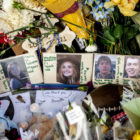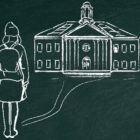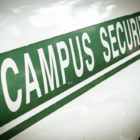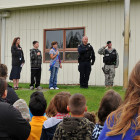
School gun case sparks debate over safety and second chances
|
Most gun incidents in and around campuses are more like Oak Park than Uvalde. They're not planned large-scale shootings, or active-shooter situations. More often, they're smaller altercations that escalate when someone has a gun at or near a school, a game or other event, according to the K-12 School Shooting Database, which tracks incidents from the last five decades.








